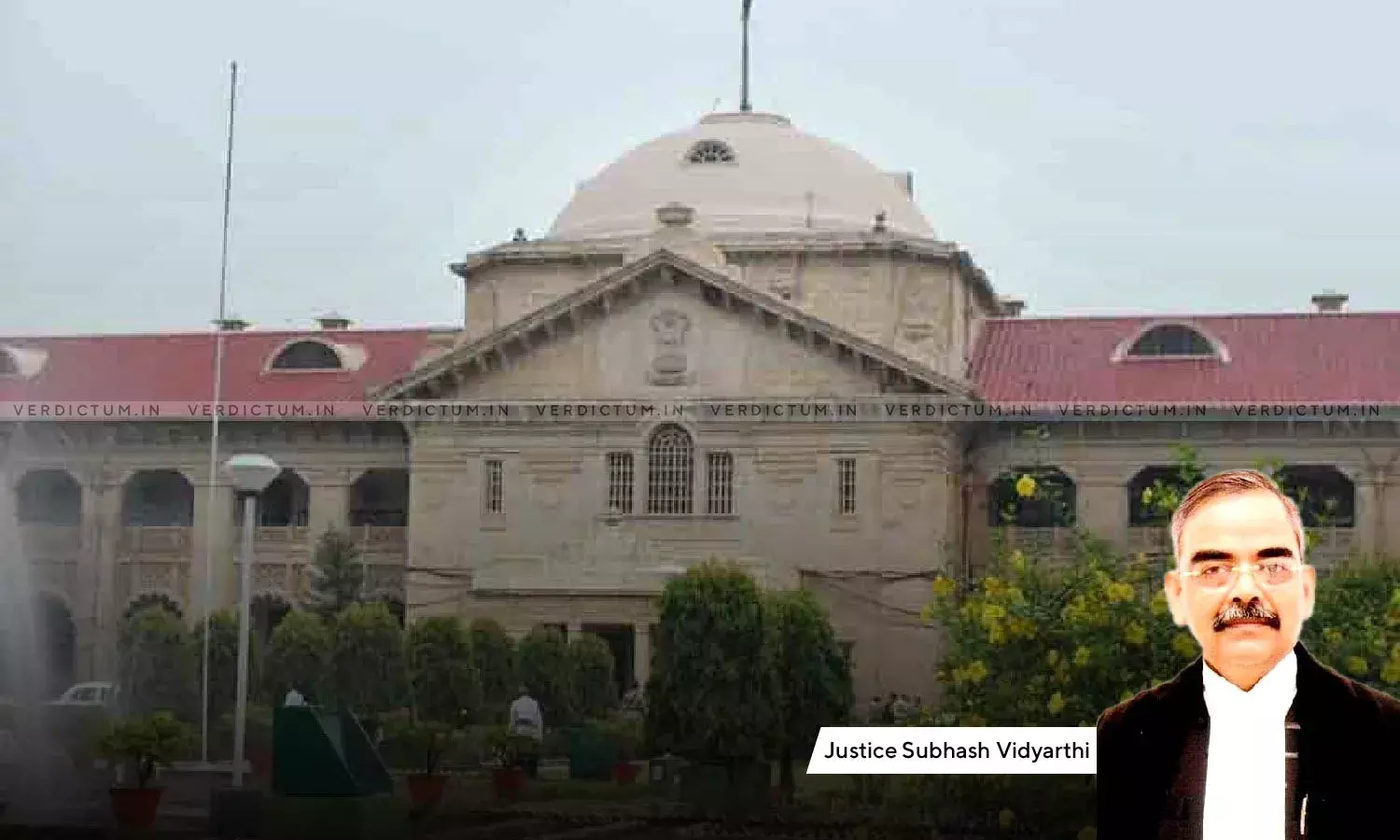Deduction Towards General Provident Fund Is Not A Condition Precedent For Eligibility To Receive Pension: Allahabad High Court
The Allahabad High Court held that deduction toward General Provident Fund(GPF) is not a condition precedent for eligibility to receive pension.
The Court was hearing a Writ Petition under Article 226 of the Constitution of India seeking direction to the respondents to pay pension to Petitioner, as he has retired from the post of Assistant Teacher. He also sought a direction to the respondents to permit him to deposit the outstanding amount of contribution towards the General Provident Fund in case the same is to be treated as a condition precedent for sanction payment of pension.
The bench of Justice Subhash Vidyarthi observed, “Therefore, the mere fact that no deduction was made towards G.P.F. from the salary of the petitioner would not affect his eligibility to get pension after his retirement.”
Senior Advocate Siddharth Khare appeared for the Appellant and Advocate Saurabh appeared for the Respondent.
Brief Facts-
The Petitioner was appointed as an Assistant Teacher at M.M. Ali Memorial Higher Secondary School with approval from the District Inspector of Schools. The D.I.O.S. initially denied salary sanction however, after legal proceedings, the Petitioner was granted salary from the joining date following an order from the Court. A General Provident Fund account was assigned to the Petitioner, but the Principal informed the D.I.O.S. that G.P.F. deductions could not be made as the Petitioner was set to retire in less than 6 months. He submitted pension documents to the college but did not receive his pension. Hence, the present Writ Petition.
The Court perused Uttar Pradesh State Aided-educational Institution Employee’s Contributory Provident Fund-Insurance- Pension Rules and observed, “it manifest that deduction towards C.P.F./G.P.F. is not a condition precedent for eligibility of an employee for receiving pension.”
“It is a rudimentary principle of law that no person can be made to suffer for a fault, for which he is not responsible.”, the Court said.
The Court noted that apparently, the petitioner was in no manner responsible for the non-allotment of the G.P.F. account number and non-deduction of contribution towards G.P.F. by the Authority concerned. Therefore, according to the Court even if deduction of G.P.F. contribution was necessary, the petitioner was not at fault for non-deduction thereof and he cannot be penalized in any manner for non-deduction of General Provident Fund for which he is not responsible.
The Court said that it does not find it necessary to direct the petitioner to deposit the amount of General Provident Fund such as, “Firstly, the deduction toward General Provident Fund is not a condition precedent for eligibility to receive pension. Secondly, the petitioner was not at fault for non-deduction of the contribution by the authorities. Thirdly, having been retired, the petitioner would be entitled to receive the amount of General Provident Fund and directing the petitioner to deposit the amount merely for the amount being refund to him immediately thereafter, would not serve any purpose.”
Finally, the Court allowed the Writ Petition.
Cause Title: Udai Narayan Sahu v. State Of U.P. (Neutral Citation: 2024:AHC:123608)












